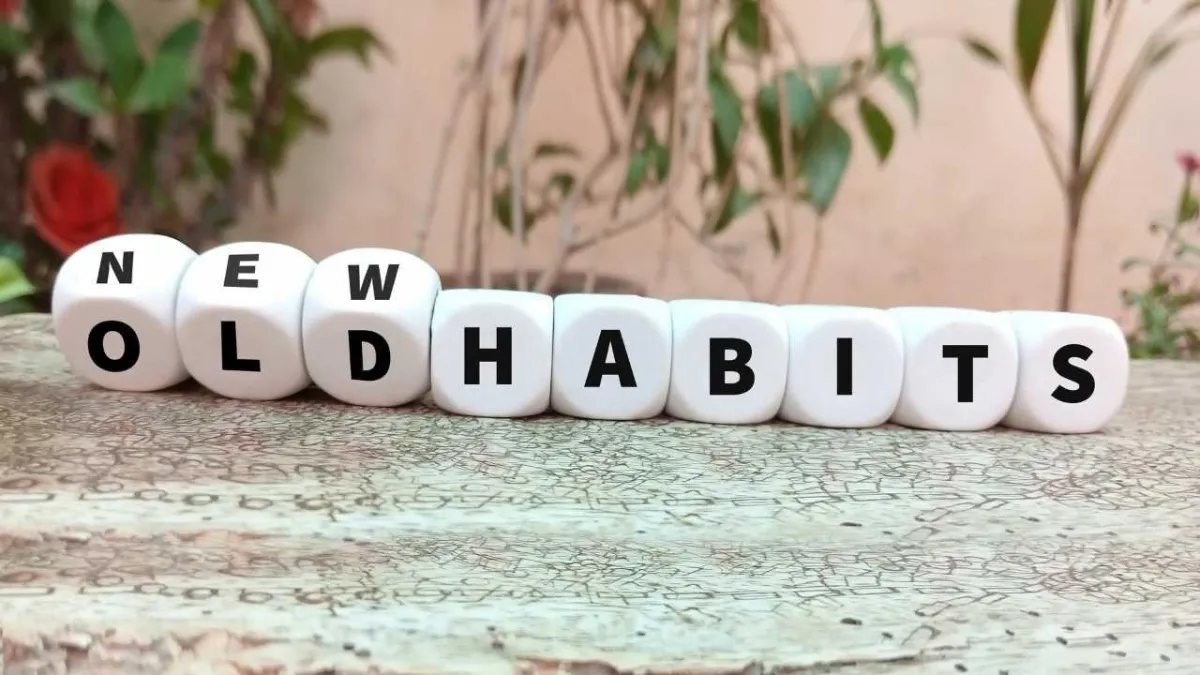The Blog
Offering You Inquisitive Insights from Interviews, Podcasts, Articles plus Nerdy Neuroscience Research too

Why is Changing Habits So Hard?
Neuroscience is deepening the scientific understanding of human behaviour and psychology and is beginning to offer some answers for why we behave the way we do.
This offers new possibility for coaches to enrich their work and the for clients to experience more transformation change in the area of changing habits that don’t serve them well.
Coaching can reveal non-serving habits and it is useful to explain to clients how easily habits embed. There are 2 clear neuroscience-based reasons:
Habits are rewarding
The brain is the most complex thing known to man, yet neuroscientists are beginning to understand some of the basic patterns and physiological reasons for habit formation and change – and it’s all about being rewarded.
As a behaviour is repeated time and time again, it moves from intentional awareness into the older, more instinctive part of the brain. Neurons help to form habits there by releasing dopamine which provides rewarding feedback.
Simply put, the habit is repeated to achieve more of the same reward so stronger neural pathways become embedded to make it easier and more automatic to do it the same way again.
To free up cognitive capacity
Research has found that more than 40% of our actions performed each day in the same location aren’t conscious decisions, but habits. These habits lock in because the brain is following established patterns. (Think about brushing your teeth – no one stands in front of the mirror debating whether to start on an incisor or a molar!)
These routines and automated processes are strategies to free up the brain’s thinking capacity so they can focus on goals and engage their intentional thinking.
Changing habits using the Trigger, Behaviour, Reward loop
Habits are more challenging to change by focusing just on shifting the behaviour. It’s important to look at the trigger and the associated reward.
The “trigger, behaviour, reward” loop was popularised in Charles Duhigg’s excellent book “The Power of Habit” and is a useful tool to offer in coaching.
All habits have triggers – a cue which helps the brain to kick into automatic habit mode. Maybe it’s a particular time of day, a person or a phrase. Duhigg suggests experimenting with different rewards, identifying the underpinning cravings that drive the routine bad behaviour.
Piggyback off old habits
An existing well-travelled neural pathway is far stronger than a new one. Identify if the habit takes place at the same time or in the same location or responds to the same cue all the time? If so, that existing strong neural pathway can be used and accessed to ‘piggyback’ off desired habits to keep and replace those that don’t work.
Repetition of the new neural circuit will make it stronger and it will eventually overtake the old one. This is a constant practise and will embed over time so consistency to ‘re-wire’ is key.
The brain will want to convert back to the old pathways and this is what makes it hard to change sometimes.
Tips to form new habits
Forming a new habit requires more ‘up-front’ effort to lay down new neural pathways. (thoughts)
Here are some top tips to share with your coaching clients:
1: Be clear on the motivation for the new habit, their WHY – coach them to visualise their success in achieving their WHY.
2: Enjoy the process of learning itself – if they enjoy the new habit they are creating, it will be easier and quicker to create a new routine.
3: Mind the language – eradicate ‘should’s’ and ‘can’t’s’ from their vocabulary – their narrative must be congruent with achieving their goal.
4: Focus on doing something not on being perfect – it is important to remind themselves that they have taken the action, they’ve started and they’re on their way to creating new, better serving habits in their life.
Most people don’t even ever take that first step but if you don’t take a step you aren’t going to get anywhere.
[Originally published for Coach Magazine - April 2020]
© 2024 GILL MCKAY | INQUISTIVE COACHING

